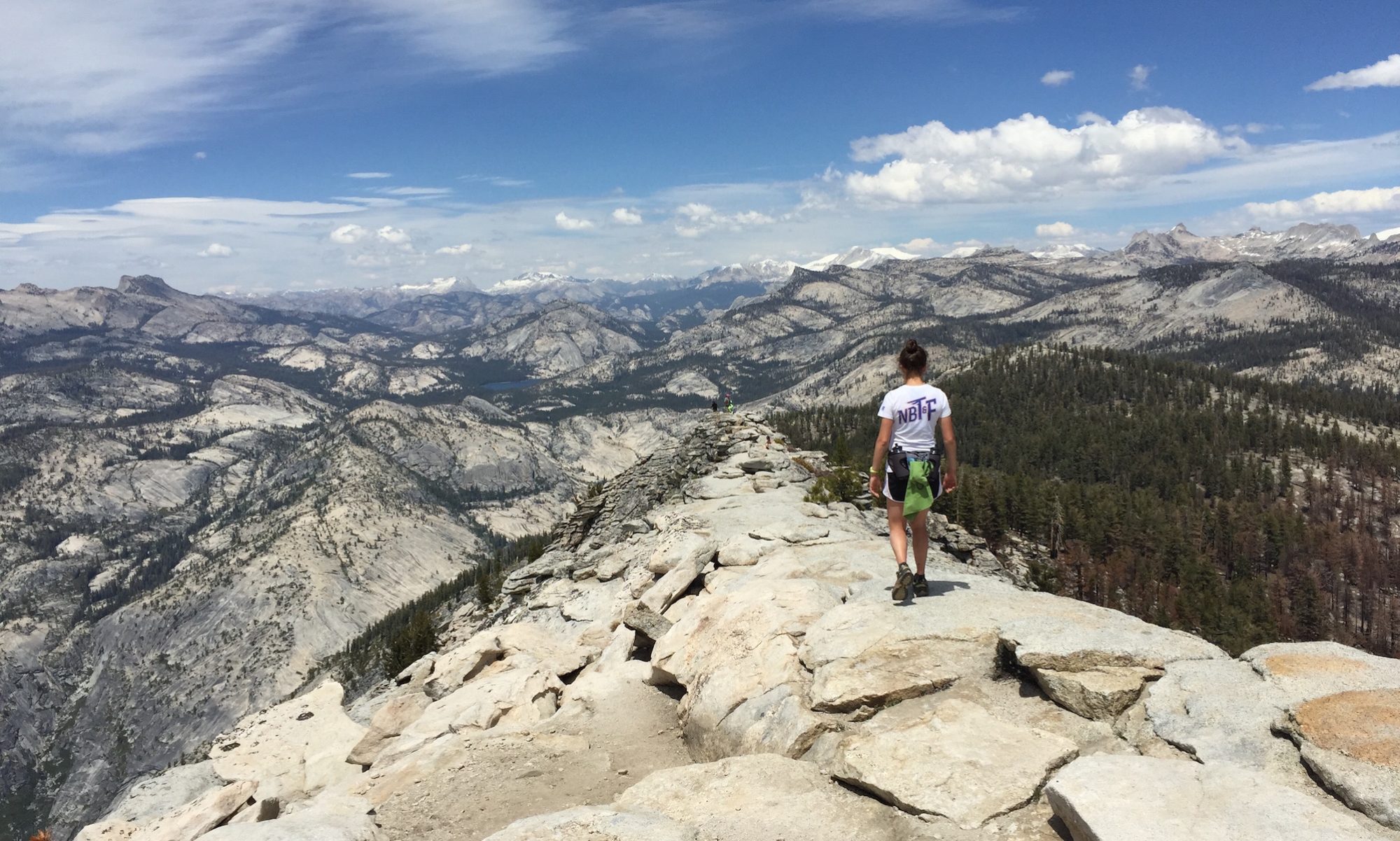“Viola’s essay is enigmatic,” says Zzzz. Absolutely. And compelling, and haunting. And not just for porcupines. I know my favorite reading comes up every week, but “Will there be Condominiums in Data Space” really (really) makes the thinking juices flow. To paraphrase one of my grad school mentors, “anything worth blogging once is worth blogging again.” So my earlier thoughts on the porcupine and the condominiums are below. I highly recommend the two videos of Viola: the first interrogates the intertwining of big “why” with big “how” and suggests how easily diverted we are by the little how. The second addresses the “What is data space” question (start about 4′ 15″ in if you are in a hurry).
Continue reading “Porcupine Condos – What is that Thing?”
Russia-Ukraine-Crimea: Media, Social Media and the Experts
I am sure I’m not the only Russian historian who has been asked in recent days to field media queries about the unfolding crisis in “Russia/Ukraine/Crimea” (the shorthand itself suggests the confusion and conflation of history, geography and politics), and I am pretty sure I am not the only one who has demurred. Developments in Ukraine are unfolding with a bewildering speed that compounds a devilishly complex situation. People want to know what’s going on. They want to fix it. They want reassurance that this won’t get out of hand. I have no sound-bite-insights that can satisfy those desires, and I don’t want to make things worse by adding to the confusion and controversy surrounding nearly every aspect of the crisis.
In the space of two weeks we’ve seen the ouster of Victor Yanukovich, the formation of a new government in Ukraine, Russia’s occupation of the Crimean penninsula, rising alarm over Russia’s violation of international law and its own treaties, controversy about an appropriate response, and concern that the crisis will spread to other Post-Soviet spaces. This morning’s announcement that Crimea will hold a referendum on March 16 to leave Ukraine and join Russia suggests that the next ten days could be even more unsettling than the last.
As a historian I don’t now-cast or armchair quarterback current events. But I can guide people to sources that will help them form their own understanding of what is happening. I’ve been spending significant time each day sifting through major news outlets, Facebook, Twitter, Reddit, and the blogosphere in an effort to keep up with the crisis and pass the worthwhile nuggets on to friends and colleagues. This experience has given me some perspective on the perilous and empowering ways that the media and social media of our global community shape our lived experience and the history we are making. The shelf-life of some of these resources may be brief, so I’ll keep the following recommendations and observations short:
1) Traditional news outlets can obscure more than clarify.
Examples: Stephen Cohen’s controversial defense of Putin’s actions on CNN and a New York Times op-ed connecting his agenda to nineteenth and twentieth-century Russian religious philosophers on March 3.
2) The magic of the internet puts good (clear, detailed, thoughtful) analysis and background at your fingertips if you know where to look:
Examples: Charles King’s background interview on Crimea on HNN and the fine analysis of how history has shaped the current crisis in “Ukraine, Putin and the West,” published in N+1 on March 4. There are several good posts on Sean’s Russia Blog as well.
3) Yes, Virginia, there are experts on Ukraine, and we should read what they have to say.
Examples: Ukraine Scholars of North America brings together eleven prominent social scientists working in the US and Canada. William Risch, (Georgia College) has been exceptional in his efforts to collect and collate information through the Facebook group he administers (Euromaidan News in English) and his chronicling of the Euromaiden protests.
4) As the previous two items suggest, social media are key. They provide a window into events as they unfold, they allow for the immediate dissemination of information and ideas, they put people in touch with each other, and they shape as much as they present the story.
Other examples:
Buzzfeed of people in Crimea taking selfies with Russian soldiers.
The Twitter hashtag “Россия своих не бросает” (“Russia won’t abandon its own”) originated in Russia as a way to galvanize support for annexing Crimea but is also used by anti-Russian groups to mock that effort and deride the authenticity of the campaign.
A volatile and complicated crisis such as this defies generalizations and easy answers. But that shouldn’t be an excuse to embrace simplistic explanations, or let confusion turn to apathy. Let’s use our collective expertise and the power of crowd-sourced intelligence and analysis to do what we can to keep this from being another Syria. Let’s not let The Onion have the last word.
